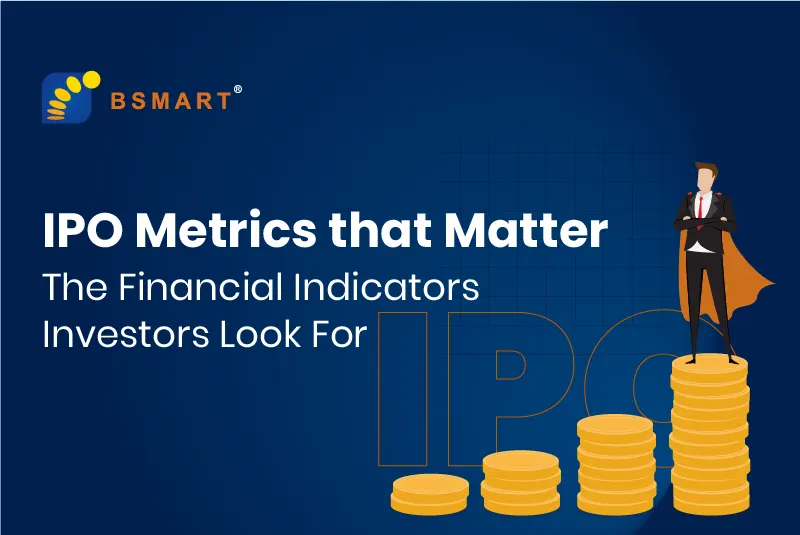Investment Banking Trends in 2024

Investment banks are increasingly embracing digital transformation, integrating cutting-edge technologies like artificial intelligence (AI) and blockchain into their operations. This shift is not just about staying current with technology trends; it’s about fundamentally enhancing the efficiency and quality of their services.
AI is playing a pivotal role in transforming various facets of investment banking. For example, AI algorithms are being used to analyze market trends and predict shifts, offering clients insights for better investment decisions. These algorithms can sift through massive amounts of financial data in a fraction of the time it would take humans, providing real-time analytics and support. AI is also being employed in risk management, where it helps in identifying and assessing potential risks more accurately and quickly. Furthermore, investment banks are using AI-driven chatbots and virtual assistants to improve customer service, providing instant responses to client queries and personalized investment advice.
Blockchain technology is revolutionizing how transactions are recorded and executed in investment banking. This technology offers a secure, transparent, and efficient method for transaction processing, which is particularly beneficial in areas like trade finance, asset management, and compliance. By using blockchain, investment banks can reduce the risk of fraud, lower transaction costs, and speed up settlement times. This enhances the overall security and efficiency of banking operations.
Sustainable and Green Financing
The rise in sustainable and green financing reflects a growing interest among investors in supporting environmentally and socially responsible projects. This trend is not just a passing phase; it’s a fundamental shift in investment priorities that is influencing how banks and financial institutions operate.
Banks are responding to this demand by developing a range of sustainable investment products and services. These include green bonds, which are used to finance projects with environmental benefits, such as renewable energy, pollution prevention, and sustainable water management. The popularity of green bonds is soaring, as they offer a way for investors to contribute to environmental sustainability while potentially earning returns.
Another aspect of this trend is the focus on Environmental, Social, and Governance (ESG) criteria in investment decision-making. Banks are increasingly incorporating ESG factors into their risk assessment processes. This means that when evaluating investments, they consider not only financial returns but also the environmental and social impact of the projects. By doing so, banks are catering to investors who want their investments to align with their values and contribute positively to society.
Moreover, banks are also participating in sustainable financing through advisory services. They are advising companies on how to access green financing and how to implement sustainable practices in their operations. This advisory role is crucial as it helps businesses transition towards more sustainable models, which is essential for long-term environmental and economic sustainability.
Regulatory Changes and Compliance in Investment Banking
Investment banking is undergoing significant changes due to new regulations, with compliance becoming a critical focus area for banks. These regulatory changes aim to enhance financial stability, increase transparency, and protect investors.
One of the key areas of change is in capital requirements. Regulators are implementing stricter rules on the amount of capital banks must hold against their investments. This change is part of a broader effort to ensure that banks are more resilient to financial shocks. In response, banks are reassessing their investment strategies and asset allocations to align with these new capital requirements, often leading to a more conservative approach to risk.
Another significant regulatory change is in the area of transparency and reporting. There is an increased demand for banks to disclose more detailed information about their investment activities and risk exposure. This move towards greater transparency aims to provide a clearer picture of the bank’s financial health and investment strategies, allowing for better oversight and risk management. Banks are adapting by investing in better data management systems and enhancing their reporting processes to comply with these new requirements.
Additionally, regulations concerning consumer protection and anti-money laundering (AML) are also being tightened. Banks are required to conduct more thorough due diligence on clients and maintain more stringent checks on transactions. This increased focus on AML and customer verification is pushing banks to upgrade their compliance systems and procedures, ensuring they can effectively identify and manage potential risks.
The Growth of Private Equity in Investment Banking
Investment banks are playing an increasingly pivotal role in the expanding world of private equity. This involvement is characterized by a variety of trends in fundraising and investment strategies that are shaping the industry.
A notable trend is the growing involvement of investment banks in raising funds for private equity. Investment banks are leveraging their extensive networks and expertise to connect private equity firms with potential investors. This includes not only institutional investors like pension funds and endowments but also high-net-worth individuals looking for alternative investment opportunities. Investment banks are facilitating these connections through private placements and other fundraising activities, providing essential capital for private equity investments.
Furthermore, investment banks are diversifying their roles in private equity beyond just fundraising. Many are now actively participating in deal sourcing and execution. This involves identifying potential investment opportunities, conducting due diligence, and providing strategic advice on acquisitions and mergers. By engaging in these activities, investment banks are positioning themselves as key players in the private equity ecosystem, offering a full range of services from fundraising to deal closure.
Another trend is the strategic co-investment in private equity deals by investment banks. Instead of merely acting as intermediaries, some banks are directly investing in private equity funds or specific deals. This co-investment approach allows investment banks to align their interests with those of their clients and participate directly in the potential upside of private equity investments.
In terms of investment strategies, there’s a noticeable shift towards more sector-specific funds. Investment banks are increasingly focusing on industries where they have specific expertise, such as technology, healthcare, or renewable energy. This specialized approach enables them to provide more targeted investment opportunities to their clients and leverage their industry knowledge for better investment outcomes.
Innovations in Risk Management in Investment Banking
Investment banking is witnessing significant advancements in risk management strategies and technologies. These innovations are crucial for identifying, assessing, and mitigating risks in an increasingly complex financial environment.
One major advancement is the integration of advanced analytics and big data in risk assessment. Investment banks are utilizing vast amounts of data and employing sophisticated analytical tools to gain deeper insights into market trends and risk factors. This approach allows for more accurate predictions of market movements and potential risks. Big data analytics enable banks to process and analyze large datasets quickly, providing real-time risk assessments that are crucial for making informed decisions in fast-paced financial markets.
Another innovation in risk management is the use of artificial intelligence (AI) and machine learning. These technologies are transforming risk management by automating the analysis of risk factors and predicting potential issues before they arise. AI algorithms can identify patterns and correlations in data that might not be apparent to human analysts. This capability is particularly useful in detecting fraud and managing credit risk, as AI systems can continuously learn and adapt to new threats and anomalies.
Stress testing has also evolved, becoming more sophisticated and comprehensive. Investment banks are conducting more rigorous stress tests to assess how their portfolios would perform under extreme market conditions. These tests help banks understand potential vulnerabilities and prepare for adverse scenarios. By simulating different market crises, banks can develop strategies to mitigate losses in challenging times.
Rise of Fintech Collaboration in Investment Banking
The growing collaboration between traditional banks and fintech companies is a significant development in investment banking. This partnership combines the strengths of both sectors, leading to improved services and innovations.
Fintech companies bring new technologies to the table, such as blockchain and AI. By partnering with these tech-focused firms, banks can enhance many aspects of their business, from risk management to customer service. For example, AI algorithms from fintech companies help banks analyze vast amounts of data quickly, leading to better decision-making and more personalized services for clients.
Customer experience is another area benefiting from this partnership. Fintechs are known for their user-friendly designs and customer-focused solutions. Their involvement helps banks upgrade their digital platforms, making services like online trading and mobile banking more accessible and engaging for clients. This transformation is crucial in today’s digital-first banking environment.
These collaborations also streamline payment processing. Fintech innovations help in making transactions more efficient, reducing costs, and increasing speed, especially in international dealings. This improvement is vital for investment banking, where transaction efficiency and security are essential.
Moreover, the partnership is expanding the range of products banks can offer. With fintech expertise, banks are now offering more diverse services, including new forms of lending, investment options, and digital currencies. This expansion is not just about adding services; it’s about meeting the evolving needs of clients and entering new markets.
In summary, the investment banking sector in 2024 is experiencing a dynamic evolution. Key developments include the adoption of AI and blockchain for operational efficiency, a shift towards sustainable financing, adapting to new regulatory standards, deeper involvement in private equity, and innovative collaborations with fintech companies. These changes are setting a new course for the industry, enhancing service quality, expanding offerings, and ensuring sustainable growth





